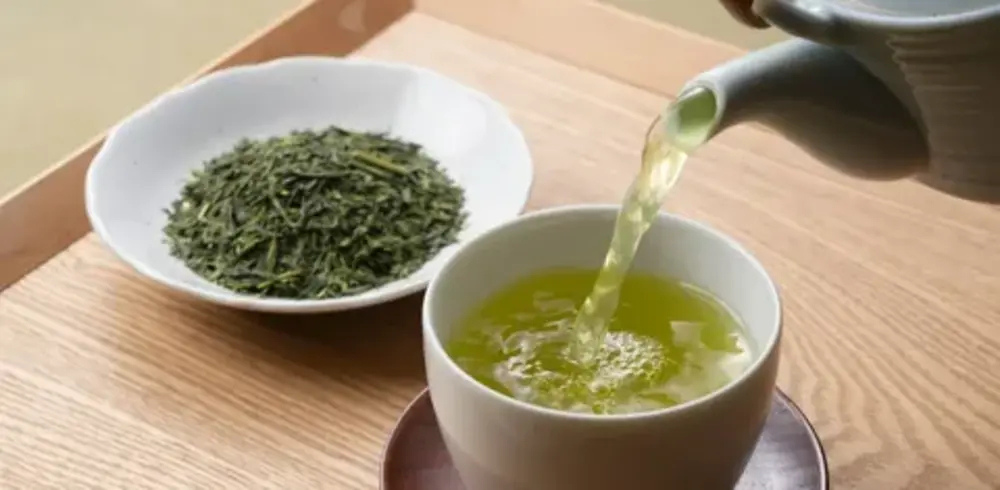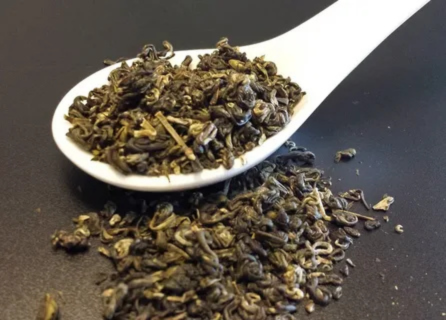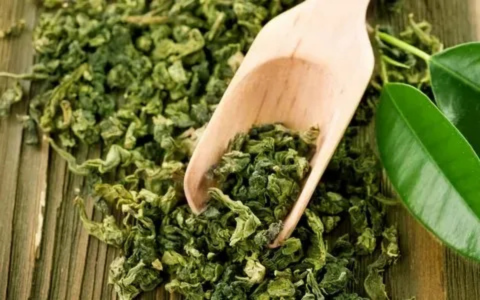Brewed green tea is a healthy drink rich in antioxidants and mild caffeine that boosts energy, supports weight loss, and improves wellness.
Introduction
For centuries, brewed green tea has been valued as a health-promoting drink across Asia and beyond. Unlike processed beverages, this simple infusion of tea leaves and hot water delivers natural antioxidants, gentle caffeine, and a refreshing taste.
With rising interest in natural remedies, brewed green tea is now recognized as a science-backed super drink that supports energy, metabolism, and long-term wellness.
But not all green tea is the same—how you brew it, when you drink it, and how much you consume can make a big difference
Health Benefits of Brewed Green Tea
One of the main reasons people choose brewed green tea is its remarkable health benefits. Rich in catechins—especially epigallocatechin gallate (EGCG)—it helps neutralize free radicals, reducing oxidative stress and inflammation. Studies suggest that regular consumption supports heart health by lowering LDL cholesterol and improving blood vessel function.
For those managing weight, brewed green tea can provide a mild metabolism boost, supporting fat oxidation during exercise. Its modest caffeine content (about 25–35 mg per cup) improves alertness without the jitters associated with coffee.
Additionally, brewed green tea is linked to improved brain function, thanks to the synergy of caffeine and L-theanine. Together, they enhance focus, relaxation, and mental clarity. Research also shows protective effects against type 2 diabetes by regulating blood sugar levels. Overall, a few cups of brewed green tea daily can serve as a natural wellness booster.
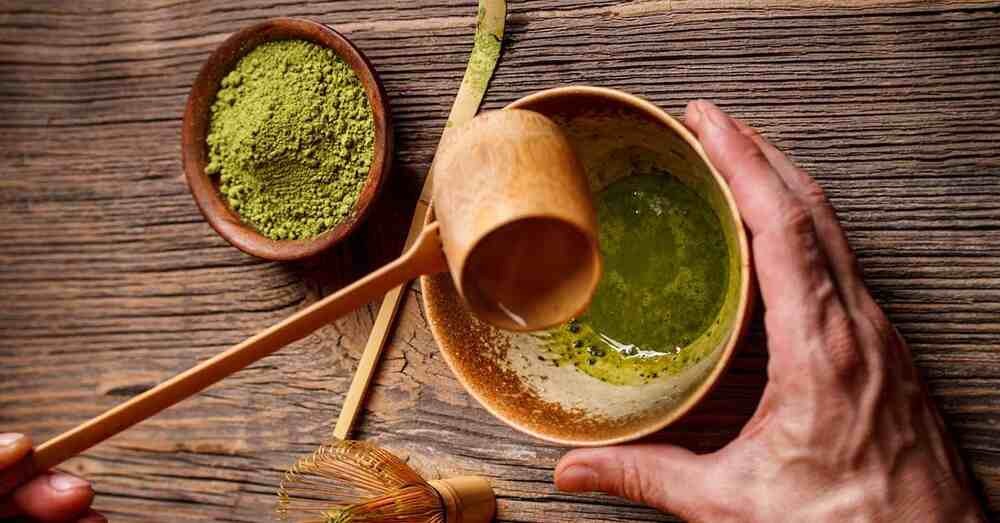
Proper Brewing Methods
The taste and effectiveness of brewed green tea depend largely on how it’s prepared. Over-brewing or using boiling water can lead to bitterness, while under-brewing produces a weak flavor.
| Method / Tips | Description |
|---|---|
| Hot Brewing Method | Heat fresh water to 75–85°C (not boiling). Pour over 1 teaspoon of green tea leaves (or 1 tea bag). Steep for 2–3 minutes, then strain. Preserves delicate catechins and produces a balanced flavor. |
| Cold Brewing Method | Add 2–3 teaspoons of green tea leaves to 1 liter of cold water. Refrigerate for 6–8 hours, then strain. Results in naturally sweeter, smoother tea with lower caffeine. |
| Tips | Use filtered water, avoid metal teapots (can alter taste), and never over-steep beyond 5 minutes. Mastering these ensures maximum flavor and health benefits. |
Nutritional Profile of Brewed Green Tea
A standard cup of brewed green tea is virtually calorie-free, making it an excellent choice for weight-conscious individuals. Each serving contains small amounts of essential minerals like potassium, magnesium, and manganese, but its real power lies in antioxidants. Catechins, polyphenols, and flavonoids act as powerful protectors against cellular damage.
Compared to black tea, brewed green tea retains more of these delicate compounds due to minimal oxidation during processing. Its moderate caffeine level makes it a gentle stimulant, perfect for daily use without overstimulation. When consumed regularly, brewed green tea provides consistent hydration, antioxidants, and subtle energy, all in a naturally refreshing cup.
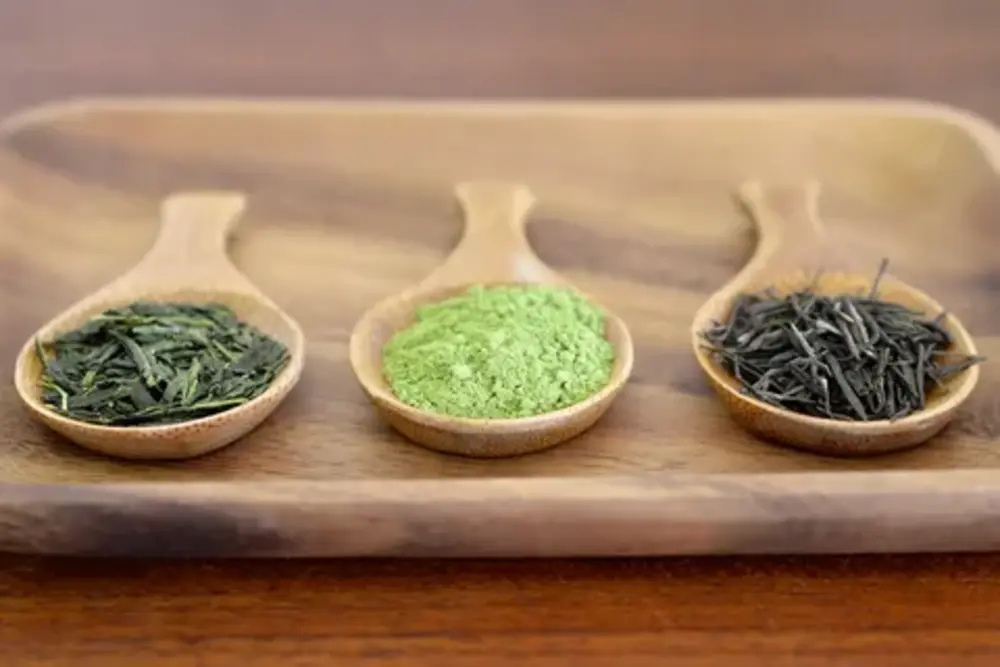
Side Effects & Precautions
While brewed green tea is safe for most people, moderation is important. Excessive consumption—beyond 5–6 cups daily—may cause caffeine-related side effects such as insomnia, nervousness, or digestive upset.
Tannins in green tea can also reduce iron absorption from plant-based foods. To minimize this, avoid drinking green tea right after meals rich in iron. Pregnant women should limit intake to 2–3 cups daily due to caffeine. People with heart conditions, anxiety disorders, or stomach ulcers should consult a doctor before increasing consumption.
When enjoyed responsibly, brewed green tea is a safe, beneficial beverage that enhances health without major risks.

Brewed Green Tea vs. Other Teas
Compared to black and oolong teas, brewed green tea is less oxidized, preserving more antioxidants and natural compounds. While black tea has a stronger flavor and higher caffeine, green tea offers a gentler taste and milder stimulant effect. Herbal teas like chamomile or peppermint, though caffeine-free, lack the specific catechins that make green tea beneficial for heart and metabolic health.
Matcha, another form of green tea, is powdered and consumed whole, making it richer in nutrients. However, brewed green tea remains more accessible and versatile for everyday use. For those seeking a balance between flavor, health, and mild energy, brewed green tea offers the best option.

Creative Uses & Recipes
Brewed green tea isn’t limited to a plain hot drink—it can be enjoyed in creative ways:
| Use | Description |
|---|---|
| Iced Green Tea | Brew, chill, and serve over ice with lemon. |
| Cold Brew | Steep leaves in cold water overnight for a smoother flavor. |
| Smoothie Base | Blend cooled brewed green tea with banana, spinach, and yogurt for a nutritious smoothie. |
| Cooking Ingredient | Use brewed green tea as a base for soups or to cook rice for subtle flavor enhancement. |
These variations add excitement to your daily routine while delivering the same health benefits.
Conclusion
Brewed green tea is more than a beverage—it’s a health-supporting ritual with centuries of tradition and modern scientific validation. From boosting heart and brain health to aiding weight management, its benefits are wide-ranging. The key lies in proper brewing and moderate consumption. Whether enjoyed hot, iced, or in recipes, brewed green tea can fit seamlessly into any lifestyle. Just two to three cups daily provide antioxidants, hydration, and gentle energy. Simple, versatile, and backed by research, brewed green tea deserves a place in your wellness journey.
FAQs
1. How many cups of brewed green tea should I drink daily?
2–3 cups per day is ideal for health benefits without caffeine overload.
2. Is brewed green tea better than supplements?
Yes, it’s natural and balanced compared to extracts that may cause side effects.
3. Can brewed green tea support weight loss?
It slightly boosts metabolism and fat burning but works best with diet and exercise.
4. When is the best time to drink brewed green tea?
Morning or afternoon. Avoid late evenings to prevent sleep disturbance.
5. Can tea leaves be reused?
Yes, many leaves can be brewed twice, producing a lighter cup.

